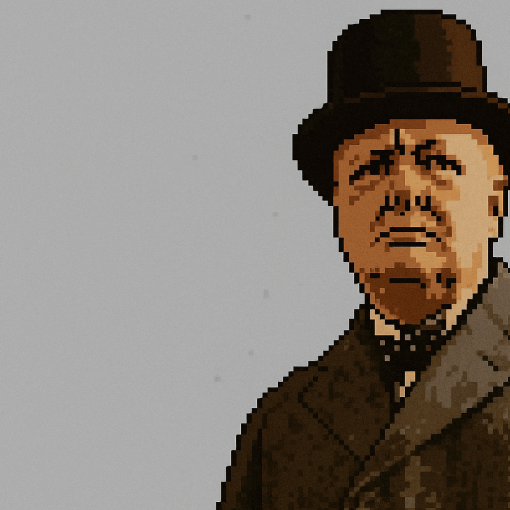About Project Management:
As a manager, your role extends beyond directing tasks—you are responsible for driving all aspects of team development. Your ability to collaborate and support your team directly impacts overall success. Effective team management involves key responsibilities such as:
Team Recruitment & Development
From the hiring process onward, a manager plays a pivotal role in shaping the team. Networking skills are essential for maintaining a strong pipeline of qualified candidates. Beyond evaluating individual skills, the ability to recognize strengths in others and foster the right team dynamic is crucial.
A strong manager also:
- Proactively identifies skill gaps and implements plans to address them.
- Ensures new hires align with both team culture and working methodologies.
- Provides career guidance with a balance of compassion and candid feedback.
People Management
Managing people is more than distributing workloads—it’s about fostering growth, maintaining motivation, and ensuring a healthy work environment. Key responsibilities include:
- Holding regular one-on-ones focused on professional development rather than just project updates.
- Offering constructive feedback—criticizing actions, not individuals, while remaining sensitive to challenges.
- Coaching team members on handling conflict, improving their craft, and progressing in their careers.
- Managing workload distribution effectively, ensuring neither burnout nor stagnation.
- Keeping the team engaged by creating an inspiring work environment through hackathons, creativity-driven initiatives, and fostering passion for the process.
- Acting as a bridge between the company and the team, ensuring transparent communication in both directions.
A great leader also understands individual motivations. Tools like the Champ Frogs Exercise can be used to assess what drives each team member. Trusting the team to deliver results while guaranteeing the right conditions for success is key.
Addressing Workplace Dynamics: Passive-aggressiveness can be detrimental to team cohesion. Leaders should remain self-aware, encourage open dialogue, and promote empathy in retrospectives and one-on-ones. The goal is to foster an environment where issues are addressed constructively rather than avoided.
Product Management
A Product Manager (PM) is responsible for the overall product strategy, ensuring seamless collaboration across teams. PMs actively engage in agile processes, including stand-ups, sprint planning, kickoffs, and retrospectives, all while managing an evolving backlog and roadmap.
Key responsibilities include:
- Balancing competing priorities and ensuring focus on high-impact tasks.
- Protecting designers’ and engineers’ time by handling operational tasks.
- Releasing company-wide updates every sprint, sharing key product developments.
- Grooming and prioritizing the backlog—addressing client escalations, bug fixes, and outdated tickets.
- Defining the design process early by identifying and prioritizing problems before involving designers.
- Overseeing handoffs to engineering and tracking post-launch impact, ensuring product success is measured effectively.
PMs must also navigate constant context switching, moving between high-level product strategy discussions and hands-on execution, such as QA testing features. Staying aligned with customer success and sales teams ensures user feedback is properly incorporated.
Communication is crucial—PMs must articulate ideas clearly, ensuring alignment between stakeholders, designers, and developers.
Project Management Approach
This chart outlines my structured approach to managing projects from inception to completion:
- Discovery & Planning – Understanding goals, requirements, and constraints.
- Execution & Delivery – Coordinating teams, iterating on feedback, and ensuring timely execution.
- Evaluation & Iteration – Measuring impact, gathering insights, and refining processes.
Core Principles I Follow:
- I value and actively seek feedback—both giving and receiving.
- I prioritize user experience and interface design.
- I am curious and continuously seek to learn about new domains and products.
- I believe everyone has something to teach and learn.
- I embrace collaboration as a way to expand understanding and create the best possible product.
Effective project management is about balancing leadership, strategy, and execution—ensuring that both the team and the product thrive.
|PROJECT MANAGEMENT
This chart gives an idea on how I approach projects from their beginning to their end:



